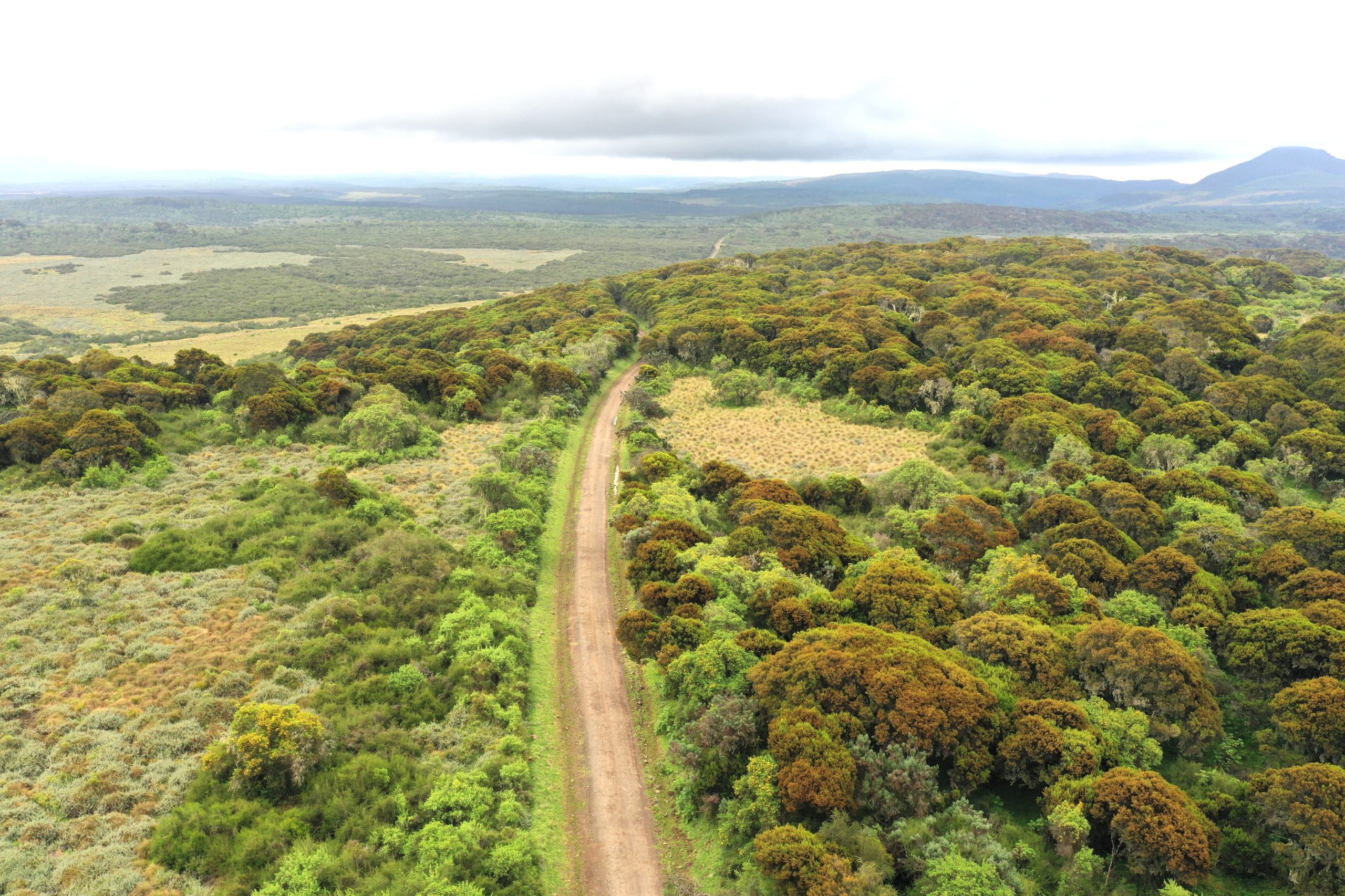The Nyeri Environment and Land Court has extended the conservatory order concerning the Ihithe-Ndunyu Njeru section of the Aberdare National Park and Forest Reserve Highway Project.
This decision, announced by Justice James Olola, marks the third conservatory order issued following the expiry of the second one on June 3rd, 2024.
According to Justice Olola, “It is hereby ordered that the conservatory orders granted on April 15, 2024, shall remain in place pending further directions herein on June 3, 2024, when the application is to be heard.”
This directive underscores the court’s commitment to ensuring a thorough and fair assessment of the matter at hand.
All proposed interested parties have been instructed to file and serve their respective applications upon all parties within seven days.
Respondents, on the other hand, have been granted ten days from April 29 to respond to the petitioner’s application dated March 22, with an additional five days for the several applicants filed by the proposed interested parties.
The case, initiated by the East African Wildlife Society (EAWLS) challenging a section of the Mau – Mau road project proposed by the Kenya National Highways Authority (KeNHA), has been referred to the Chief Justice, Martha Koome, for the formation of an uneven bench.
EAWLS, the Kenya Forest Working Group, and the Africa Centre for Peace and Human Rights, along with lawyer Lempaa Soyinka, are among the petitioners.

Respondents include the Kenya National Highways Authority, Kenya Water Towers Agency, Norken International Limited, and the National Environment Management Authority.
Additionally, various interested parties such as the Law Society of Kenya, National Museums of Kenya, Kenya Wildlife Service, and Kenya Forest Service have been included in the proceedings.
Nyandarua Senator John Methu and the Conservation Alliance of Kenya (CAK) have also been listed as intended and proposed interested parties, respectively.
Representing 73 member organizations, CAK has raised concerns about the proposed 49-kilometer Ihithe-Ndunyu Njeru highway, which would cut through the Aberdare National Park and Forest Reserve, including its most sensitive areas.
Community members have expressed their views on the matter, shedding light on the impact of poor road conditions on their livelihoods.
Catherine Wangui, a farmer from Pesi, lamented, “None of our produce gets to the market fresh because of the poor road conditions. If we manage to get to the market, we are forced to sell at a low price due to delays.”
She emphasized the potential benefits of an improved road infrastructure, highlighting the need for progress in the region.
Similarly, John Kiragu, a businessperson from Nyandarua, advocated for rerouting the road away from the Aberdare Forest to avoid conflict between humans and animals.
“If the road passes here, it will aid us in transporting our farm produce, with many residents benefiting from improved accessibility,” he stated.
Civil society groups have also weighed in on the debate, arguing that the proposed alternative route remains the optimal choice compared to the one cutting through the Aberdare Forest.
An Environmental and Social Impact Assessment report has revealed the potential destruction of significant vegetation in the area, raising concerns about irreversible environmental damage.
Furthermore, a new study has questioned the economic viability of the proposed road upgrade, suggesting that alternative routes offer greater socio-economic, environmental, and accessibility benefits for a larger population.
Conservation researchers have emphasized the importance of considering the long-term implications of such infrastructure projects on the region’s biodiversity and natural ecosystems.
The extension of the Conservatory Order underscores the ongoing debate between conservationists, community members, and government entities regarding the balance between infrastructure development and environmental preservation.
As discussions continue, stakeholders remain hopeful for a resolution that addresses the concerns of all parties involved.





